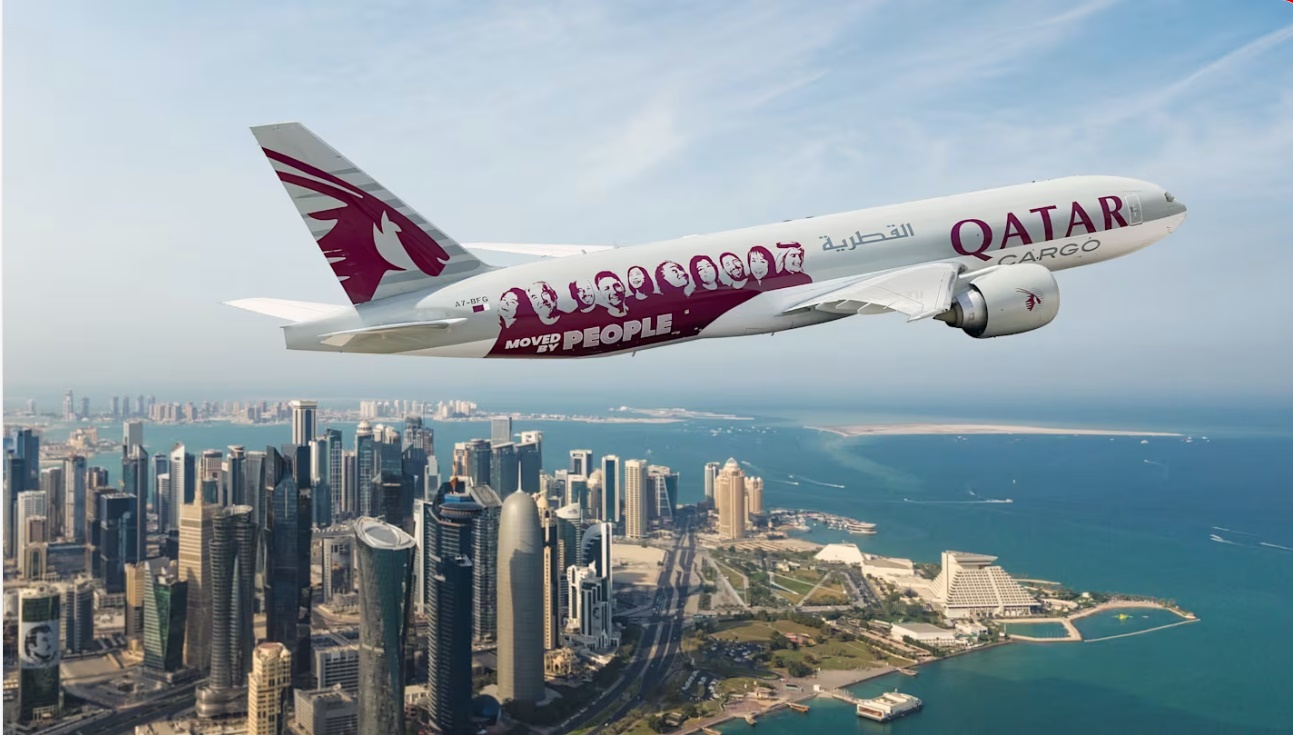F1 expands Sustainable Aviation Fuel investment w/Qatar Airways
Formula 1 has announced it is expanding its investment in Sustainable Aviation Fuel (SAF) through a new program developed with Global Partner Qatar Airways.
The expansion builds upon the previously announced investment alongside Global Logistics Partner DHL, and creates a broader framework for F1 teams and the FIA to participate.
In total, the combined investment in the two programs this year will reduce related emissions by more than 8,000 tCO2e (tonnes of carbon dioxide equivalent), an approximate 19% reduction in related emissions – compared to traditional aviation fuel – for the air freight charter program operated by Formula 1 across the flyaway events of the 2024 season.
The investment in SAF is a key part of Formula 1’s ultra-efficient logistics strategy and will be significant in keeping the sport on track to meet its Net Zero by 2030 commitment, which requires at least a 50% reduction in emissions versus the 2018 baseline.
This agreement also sees F1 become the inaugural member of Qatar Airways’ SAF program as the airline enters the next phase of its sustainability journey.
The program is a major milestone for the eight-time Airline of the Year, enabling its partners, like Formula 1, to leverage the benefits of SAF for the first time, and puts the airline and its stakeholders on the path to advance the use of SAF at commercial scale.
In 2024, the Qatar Airways Group completed an additional purchase of SAF for use in its fleet, which has resulted in reduction of 19,000 tCO2e.
SAF demonstrates Formula 1’s ongoing shift towards alternative fuels across all aspects of the sport. On track, the cars will use 100% advanced sustainable fuel from 2026, with F2 and F3 reaching this standard by next season, having been at 55% since the start of 2023. The FIA Safety and Medical Cars also currently use 40% advanced sustainable fuel.
Off-track, European Grands Prix have been delivered using biofuel-powered trucks since 2023 and, starting next season, key operational areas at all European Grands Prix – such as the pit lane and paddock – will be powered by a lower-carbon solution provided by Aggreko, reducing emissions in these areas by more than 90%.
Globally events across the calendar continue to increase the use of alternative energy solutions, such as biofuels, green tariffs and on-site renewables in their operations.
